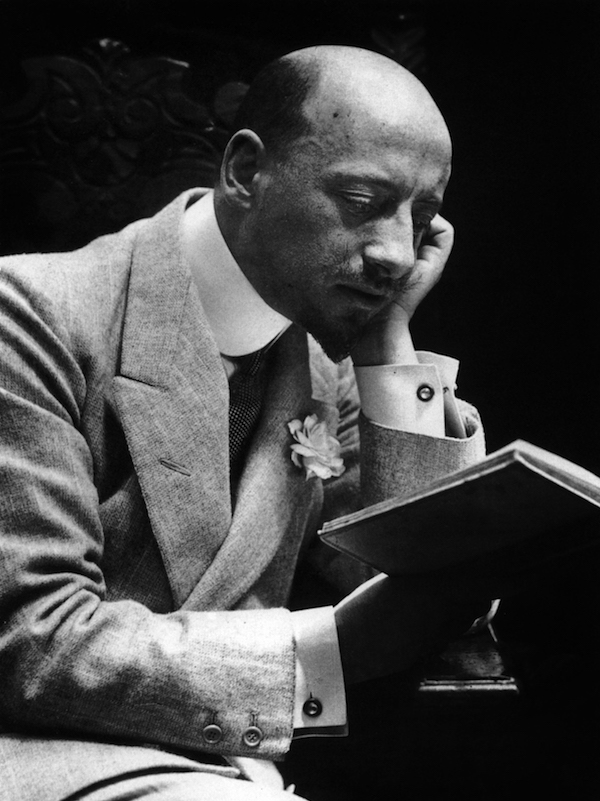GABRIELE D’ANNUNZIO

Gabriele D’Annunzio
Image: therake.com
The Ruhland Estate boasts an impressive number of notable personalities who chose the place as their residence. One of them was undoubtedly Gabriele D’Annunzio, the poet, who, in 1921, settled in the monumental complex of Vittoriale. D’Annunzio also purchased Torre Ruhland.
General Gabriele D’Annunzio, the Prince of Montenegro was born on 12th March 1863 and died on 1st March 1938. He was an Italian poet, playwright, orator, journalist and an officer during WW1. He was regarded as one of the major voices in the Italian literature between 1889 and 1910 and later an important statesman, who was often referred to as Il Vate (Poet) Il Profeta (Prophet) during his political career from 1914 till 1924. In his literary works, D’Annunzio represented the decadent trend and his writing was strongly associated with French symbolism and British aesthetics. His work was set in contrast to naturalism and romanticism of the previous age and promoted sensuality and mysticism.
He fell under the philosophical spell of Friedrich Nietzsche, which can be observed in his literary work as well as political achievements. His affairs with several women including Eleonore Duse and Luisa Casati also caught the public attention.
During WW1, D’Annunzio’s perception shifted from the national poet to the national war hero. He was a member of the elite Arditi assault troops of the Italian Army and participated in several operations including the Flight over Vienna. As an Italian nationalist response in opposition to the Paris Peace Conference, D’Annunzio proclaimed the short-lasting Italian Regency of Carnaro and acted as Duce. The constitution made music a basic principle of a corporate state. Even though, he would never call himself a fascist, he is considered to be the precursor of Italian fascism who heavily influenced the ideology and style of Benito Mussolini.

